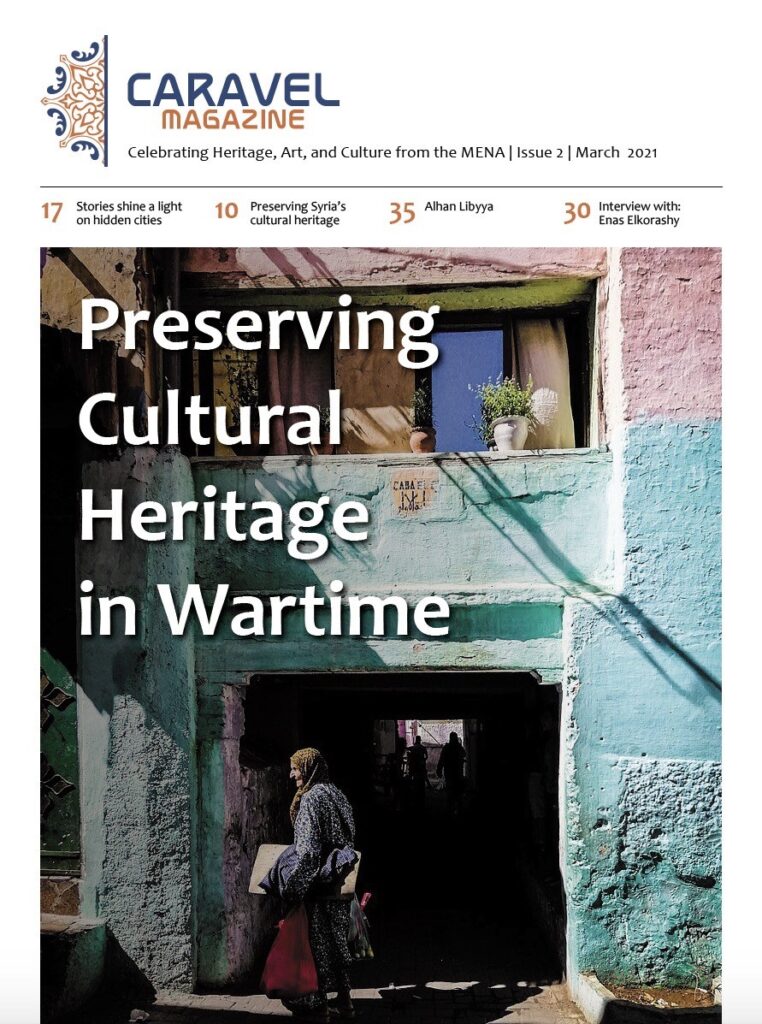By Marwan Hamay
Numerous industries, including media, have already been transformed by artificial intelligence (AI).
AI has the ability to alter cultural and social studies in the Middle East by presenting fresh perspectives and opening up new avenues for investigation and analysis.
Data analysis is one method of applying AI to cultural and social studies. AI algorithms can assist researchers in finding patterns, trends, and themes that may be challenging to find using conventional research methods because of the enormous amounts of data available on social media platforms and other online sources. This may result in fresh perspectives and a deeper comprehension of Middle Eastern cultural and social problems.
Additionally, AI can automate time-consuming operations like data collecting and analysis, freeing researchers’ time to concentrate on more challenging tasks that call for human knowledge. AI can be utilised to discover themes and sentiments in social media posts and other online content enabling researchers to concentrate on a more in-depth investigation of the data.
Researchers and journalists can save time and effort using AI to generate material like news articles, reports, and summaries. However, it is crucial to guarantee that the content produced by AI is accurate, objective, and trustworthy. To ensure that information made by AI complies with moral and professional norms, human oversight and evaluation are essential.
Using natural language processing (NLP) technology in cultural and social studies is yet another technique to use AI. Human language, including speech and writing, can be analysed and understood using NLP. Researchers will have a more nuanced view of the topic due to recognising the underlying themes and sentiments in cultural and social information.
In conclusion, using AI technology in Middle Eastern cultural and social studies has immense promise. AI may save academics and journalists time and effort while offering fresh insights and chances for research and analysis by automating repetitive processes, analysing massive volumes of data, and creating content. But it’s crucial to guarantee that AI-generated material adheres to moral and professional standards and that human control and review exist.
*Marwan Hamay is a PhD researcher at the RWTH Aachen University.





